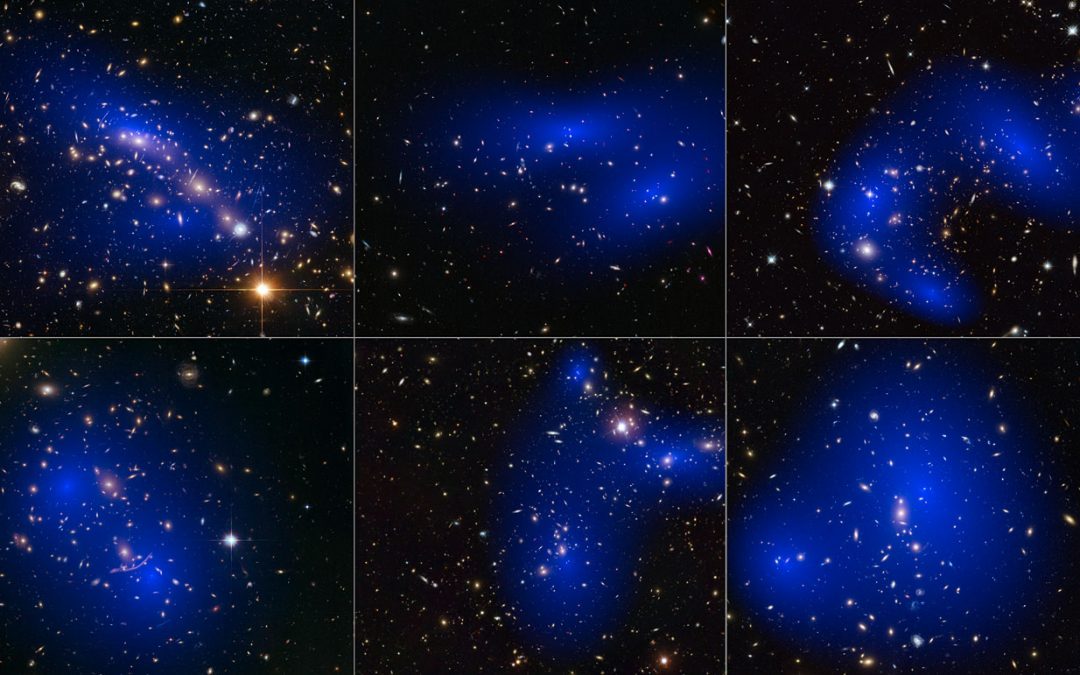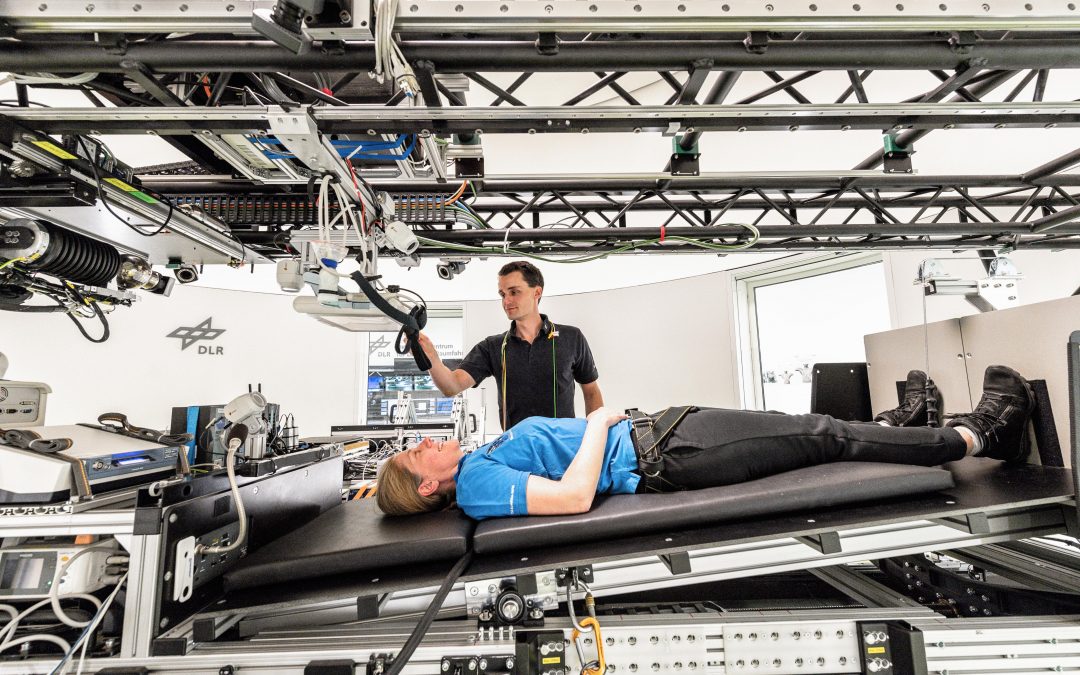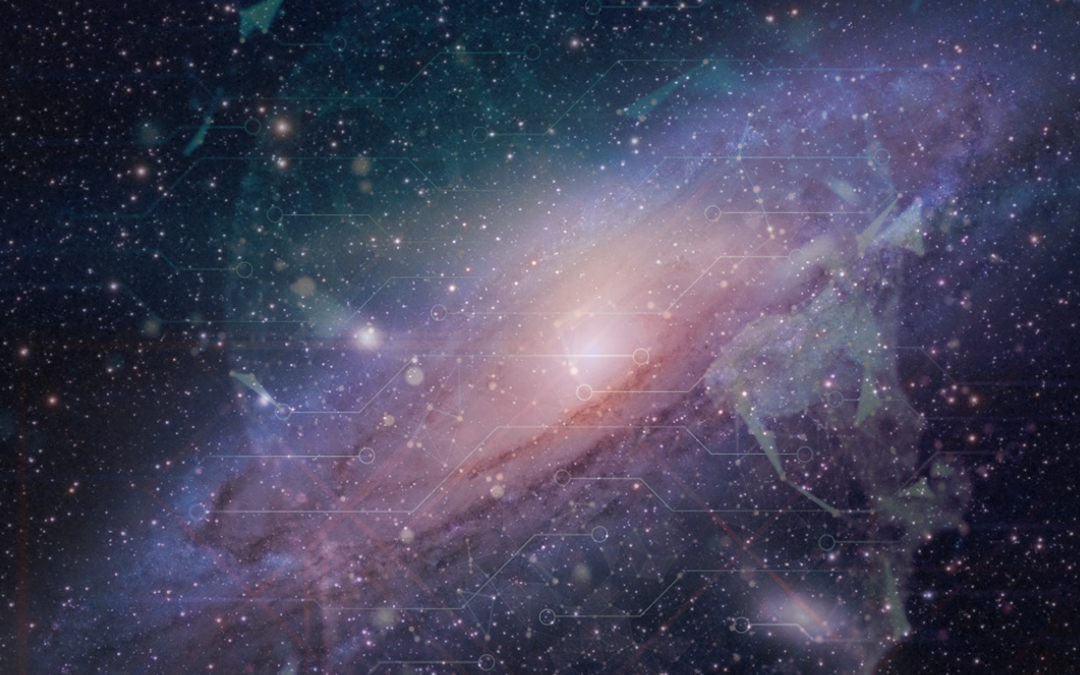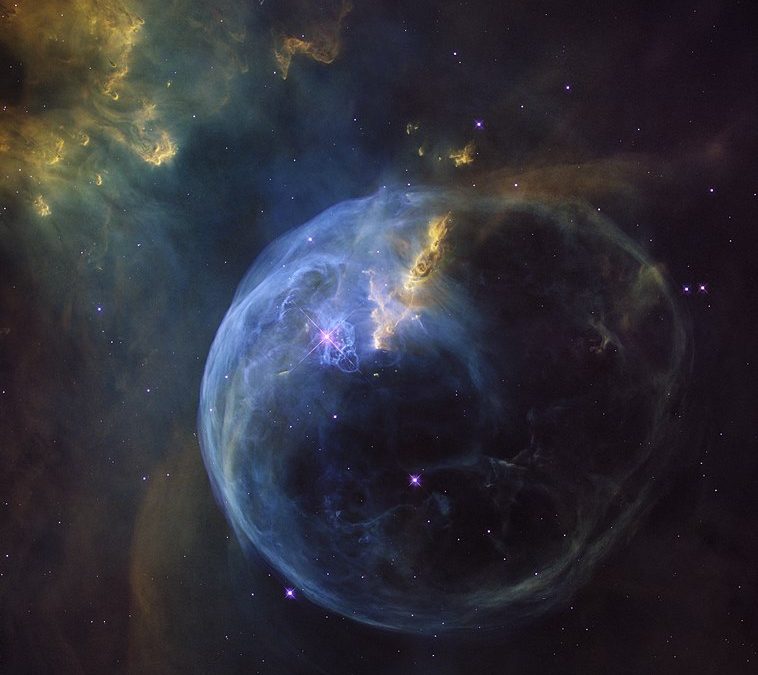Knowledge moves forward, and so, we must move with it. Today we’ll give you an update on some of the most fascinating, and fast-changing topics in astronomy, astrophysics and cosmology.



Fraser Cain
Universe Today

Dr. Pamela Gay
CosmoQuest

Knowledge moves forward, and so, we must move with it. Today we’ll give you an update on some of the most fascinating, and fast-changing topics in astronomy, astrophysics and cosmology.

Although humans have never actually been to Mars, explorers have simulated many aspects of Mars missions here on Earth. There are missions under the ocean, on the tops of volcanoes, in the harsh Canadian north, and even in bed that simulate the limitations of spaceflight, and teach us many of the lessons to prepare us for the real thing.

Computers are a big part of astronomy, but mostly they’ve been relegated to doing calculations. Recent developments in machine learning have changed everything, giving computers the ability to do jobs that humans could only do in the past.

We think of space as a vacuum, but there are regions of different density. There are winds blowing from stars and other objects that clear out vast bubbles in space, and look absolutely fantastic in pictures. And might have been critical for Earth to even exist in the first place.
Recent Episodes
When the Sun's solar winds crash into the Earth's magnetosphere, we get to enjoy an incredible light show called auroras, or the Northern and Southern Lights. Let's learn about what causes these incredible phenomena, and the best times and places that you can see them...
You might know the name "Hubble" because of the Hubble Space Telescope. But this phenomenal observatory was named after one of the most influential astronomers in modern history. Hubble discovered that galaxies are speeding away from us in all directions, leading to...
Launching a rocket into space requires a big effort on the ground. Space agencies have built up huge infrastructures to store, prepare and launch rockets. Let's take a look at what's involved on the ground at a place like Cape Canaveral. What happens before, during...
Every now and then, the Moon destroys the Sun. Okay, not destroys, covers. Well, not really covers, but from here on Earth, sitting inside the shadow of the Moon, that's what it sure looks like. These events are called eclipses, or more precisely, transits and...
Astronomers have been searching for the mysterious Planet X for hundreds of years. It was the search for a theoretical planet beyond Uranus that turned up Neptune, and then again for Pluto. And even now there are some astronomers who think there's a more distant...
Imagine an object with the mass of the Sun, crushed down to the size of Manhattan. Now set that object spinning hundreds of times a second, blasting out powerful beams of radiation like a lighthouse. That's a pulsar, one of the most exotic objects in the Universe. Ep....
Did you know there are 88 constellations in the night sky? Let's learn about the constellations and other star formations, their history, their connection to the zodiac, and how to find some of them. Ep. 157: Constellations Jump to Shownotes Jump to Transcript or...
This week we're going to talk about famous stars. But not those boring human ones you read about in People magazine. No, we're talking about those hot balls of plasma across the distant Universe. The close ones, the bright ones, the massive ones, the giant ones. Let's...
We think we live near an average star, but that's not the case at all. Compared to most stars in the Universe, the Sun is a giant! Let's look at the small end of the stellar spectrum, to stars with a fraction of the size and mass of our own Sun. There are many ways...
This week we step away from our regular programming to bring you a live show from Dragon*Con in Atlanta. Pamela shares the stage with SETI researcher Seth Shostak. Together they discuss the technology and science of searching for intelligence, And answer questions...
If you live in a city, it's possible that you've never seen the Milky Way with your own eyes. To really appreciate everything the night skies have to offer, you've got to get out of the city, away from the lights, where the skies are really dark. But those places are...
Did you know that our Solar System is a rarity with its single star. Astronomers believe that most star systems out there actually contain 2 or more stars - imagine seeing a sky with 4 suns. These binary and multiple star systems are a great target for new...
Take a quick breath. There, that's what we're going to talk about today - the atmosphere. And not just the Earth's familiar atmosphere, but the strange, exotic and deadly atmospheres we find in the Solar System and surrounding extrasolar planets. Ep. 151: Atmospheres...
We've explained how to get into astronomy and buy your first telescope. Now we're going to take things to the next level and get you drooling about bigger and better telescopes. If you're serious about astronomy, what kinds of telescopes will give you the best bang...
It's been more than 40 years since humans first set foot on the Moon. But plans are in place to return humans to the surface of the Moon, and maybe even to asteroids and the planet Mars. New rockets, landers and flight technology are all under development. Humans are...
Astronomy is one of the scientific fields that have been completely shaken up by new media. The Internet has enabled communication between researchers in a dramatic new way, creating new collaborations, removing obstacles, and drawing in an army of enthusiastic...
For those non-scientists trying to get their original ideas accepted by the scientific community, you've got to have thick skin. It might seem like there's a vast conspiracy, or a general attitude that drives away original, but unorthodox ideas. But that's not true,...
Have you ever wondered how astronomers do their research? How do they go from idea or question, to gathering their data, to publishing the research. What are all the hoops they have to jump through, the paperwork to fill out, and the cool toys they get to use along...
In science fiction it's easy to hop into your spaceship and blast off for other stars. But the true distances between stars, and the limits of relativity make interstellar travel almost impossible with our current technology. What would it really take to travel from...
What will we eventually be able to see on extrasolar planets? What does an infinite Universe mean? And what's down there, inside a black hole? If you've got a question for the Astronomy Cast team, please email it in to info@astronomycast.com and we'll try to tackle it...